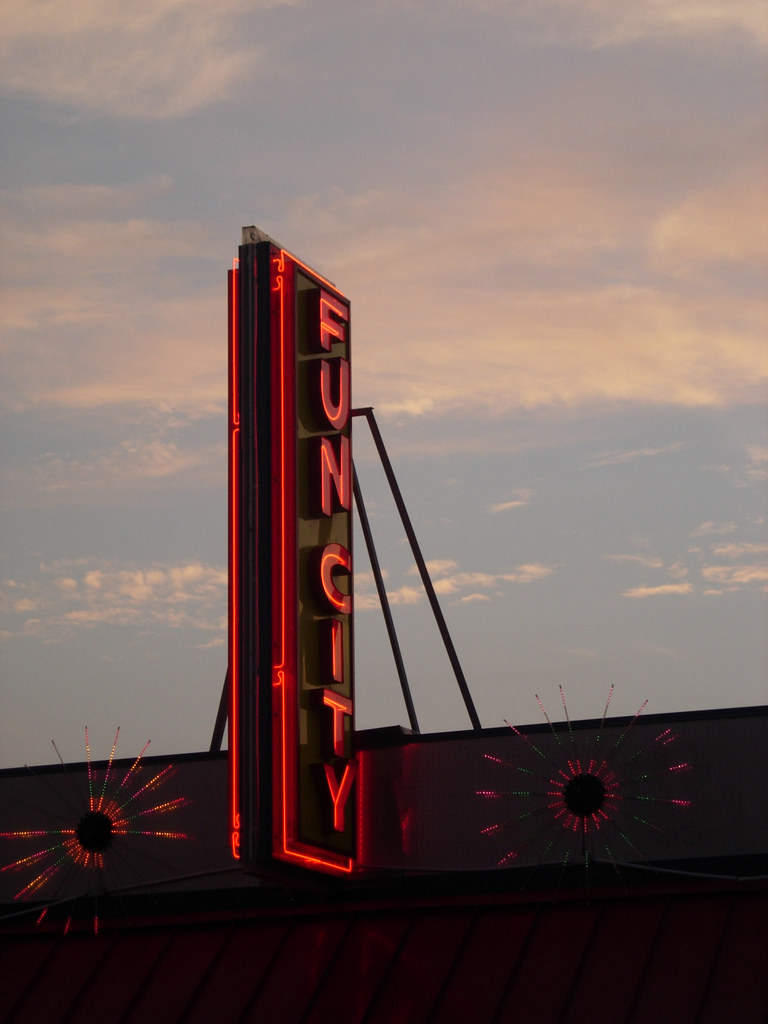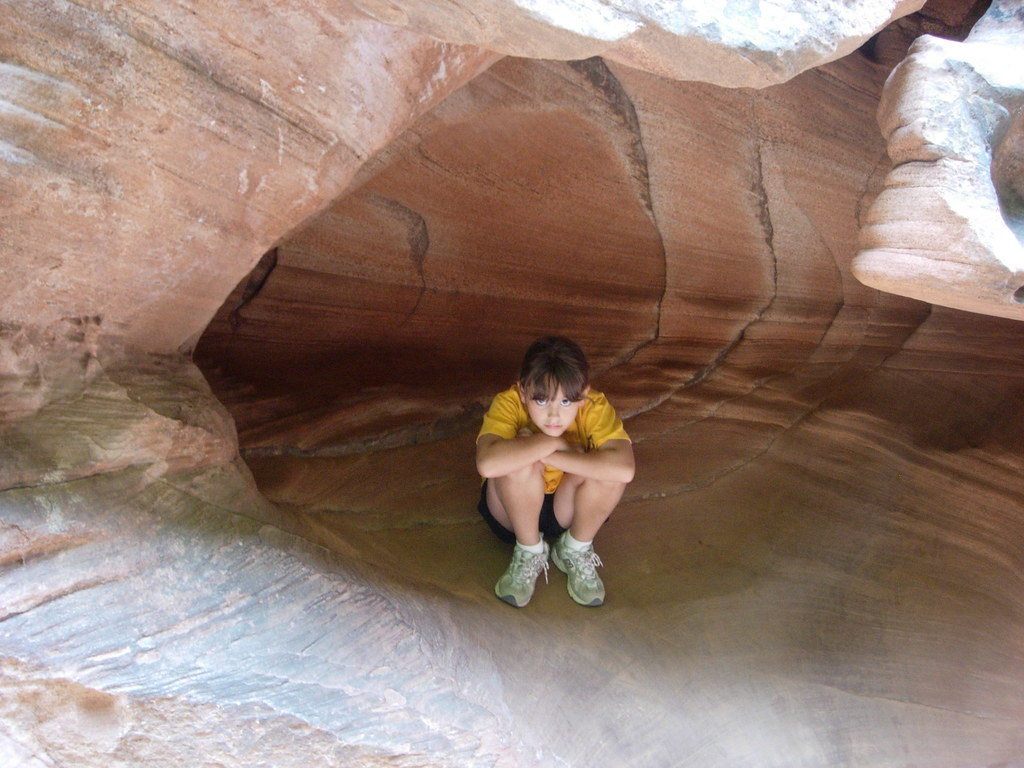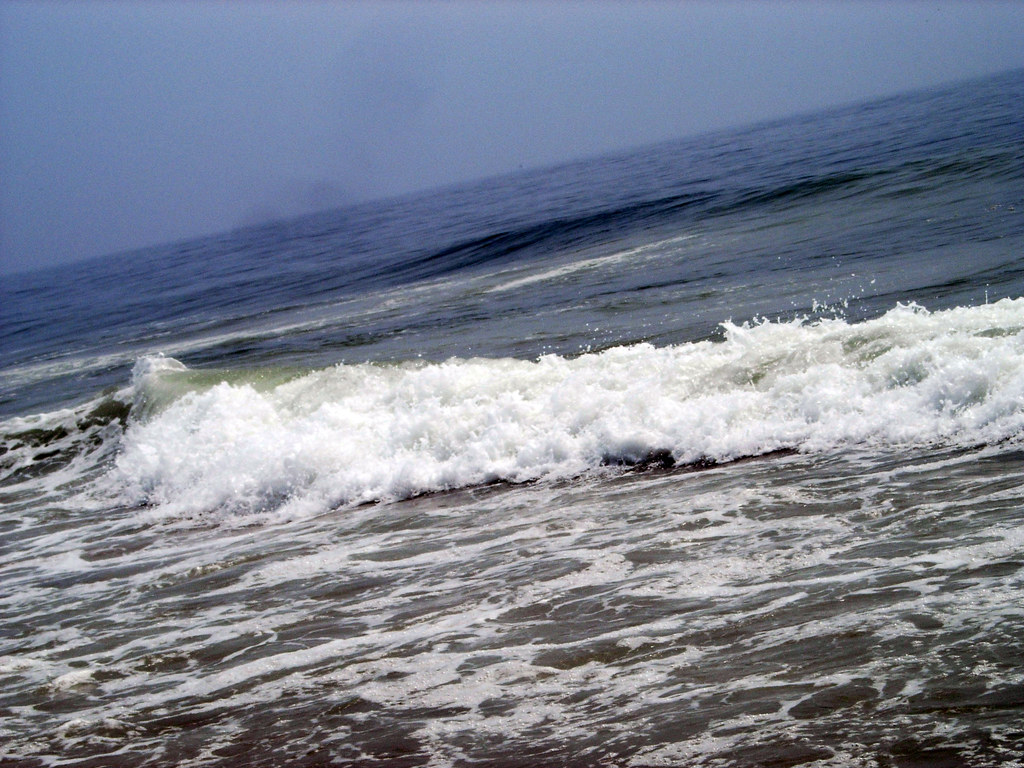Every year, we hem and haw over whether we’re getting a
Christmas tree: the expense, the work, the time, the mess—it’s all a hassle.
Yet every year, we get The Tree. It’s always $65, and it’s always the same
amount of work.
I move the furniture, I ride along to make sure we choose the best tree, I
screw the stand into the stump, I bring the lights and ornaments down from the
attic, I string the lights, I put the ornaments on the tree with a little help
from my daughter until she becomes bored.
When I grow sick of The Tree and the space it commands in front of the
window, I bring down the ornament boxes, put the ornaments away, take down the
lights and roll them up carefully, haul all the decorative Christmas crap back
to the attic and store it neatly under the eaves, drag the tree out to the
lawn, sweep the needles, and move all the furniture back to its comfortable
place.
My husband’s job couldn’t be simpler: take the tree out of
the truck, bring it into the house, and put it in the stand. Sometimes: saw a few
inches off the bottom. Sometimes: straighten the tree so I can re-screw it.
But Marty feels he has another important job, which has
necessitated the annual tradition known as Tree Begging. It begins the day
after Thanksgiving with a discussion of whether and when we’ll get The Tree. My
Jewish daughter and I want it right away. My husband, who grew up with Christmas trees,
doesn’t want it at all. Every day, we see if that’s the day we can get The Tree.
Because it’s going to happen, and it’s going to cost $65.
This year, that day was the Sunday before Christmas.
 Our next annual tradition is the discussion about where
we’ll buy The Tree. It’s always Walther Gardens, six-tenths of a mile from our
house. My husband argues that it’s too expensive, that we should go to that one
place on Loch Raven with the $20.99 “Tree’s.” I argue that spending money in our own
neighborhood benefits us and supports good spelling.
Our next annual tradition is the discussion about where
we’ll buy The Tree. It’s always Walther Gardens, six-tenths of a mile from our
house. My husband argues that it’s too expensive, that we should go to that one
place on Loch Raven with the $20.99 “Tree’s.” I argue that spending money in our own
neighborhood benefits us and supports good spelling. With only six trees remaining on the Walther Gardens lot, choosing The Tree was easy. We took the $65 one.
This year, Marty didn’t have to saw the stump. But since my
back hurt from moving all the furniture, I asked my husband to take over the
lights. It had been awhile since he had shown any tree-decorating initiative.
First, he made himself a drink of absinthe, a Christmas gift from me, which he sipped slowly while watching videos of his daughter on YouTube while I made Fuquinay Gnog.
First, he made himself a drink of absinthe, a Christmas gift from me, which he sipped slowly while watching videos of his daughter on YouTube while I made Fuquinay Gnog.
 Then Marty fixed his second absinthe cocktail and set about
the important work of wrapping the tree with lights, taking care to tuck the
strands into the tree and weave the branches in and out where necessary,
creating a uniform and glorious display of random flashes of color and beauty. After he began, I peeked out from the kitchen
to check on his progress. I clicked my tongue a few times and sighed heavily
and paced, returning to the kitchen. Every time I interrupted, he asked whether
I wanted to do it myself, and I did not. I didn’t. I did not want to do it
myself. So I sat at the table playing Candy Crush Saga and did not look until
he was finished.
Then Marty fixed his second absinthe cocktail and set about
the important work of wrapping the tree with lights, taking care to tuck the
strands into the tree and weave the branches in and out where necessary,
creating a uniform and glorious display of random flashes of color and beauty. After he began, I peeked out from the kitchen
to check on his progress. I clicked my tongue a few times and sighed heavily
and paced, returning to the kitchen. Every time I interrupted, he asked whether
I wanted to do it myself, and I did not. I didn’t. I did not want to do it
myself. So I sat at the table playing Candy Crush Saga and did not look until
he was finished.The absinthe, it seemed, worked. Because my husband was obviously hallucinating. The green strands of light cord were sticking out at all angles, with drunken loops like elf jump ropes. Lights were strung vertically. VERTICALLY!
I suddenly recalled why my husband was relegated to taking the tree out of the truck, bringing it into the house, and putting it in the stand. Sometimes sawing a few inches off the bottom. Sometimes straightening the tree so I can re-screw it.
 The Jewish women of the house hurled insults at him like so
many balls, deriding his work—both ethic and product. And when he left to walk
the dogs, we de-lighted The Tree. Serena
and I unwrapped the six strands of lights my husband had just installed, cussing
and shaking our heads with disgust over the tasteless display.
The Jewish women of the house hurled insults at him like so
many balls, deriding his work—both ethic and product. And when he left to walk
the dogs, we de-lighted The Tree. Serena
and I unwrapped the six strands of lights my husband had just installed, cussing
and shaking our heads with disgust over the tasteless display.
Our Christmas tree is now festively—and tastefully—adorned. A
Hungarian tapestry is our tree skirt, and the gifts I wrapped in sparkly paper
wait below to be torn open. (The presents
I ordered for myself from my husband—I got me two photo backdrops and a stand from him—sit unwrapped.)
By the 26th, I'll be ready to chuck The Tree
out on the lawn, but I'll let it stay until January 1st. And from that moment on, I'll look forward to doing it all again next year.
Happy Holidays to you and yours. And by that I mean Merry
Christmas and Happy New Year. May you get everything you need but only a few of the things you want.




























